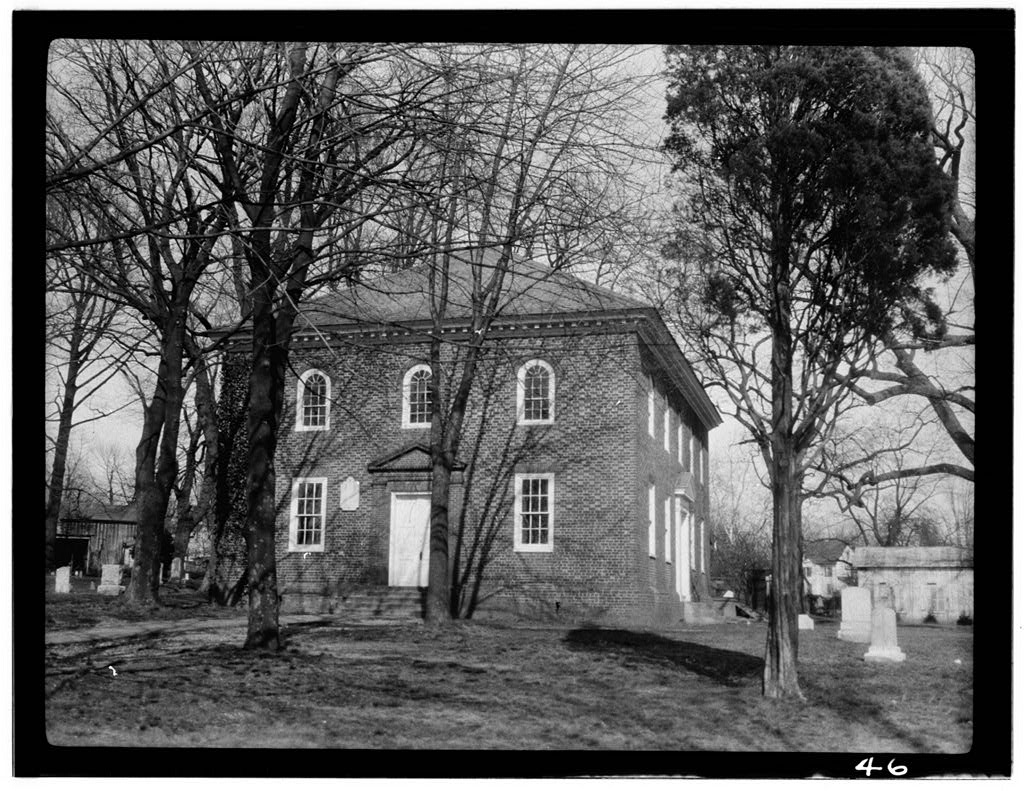 Falls Church City, VA is not in any county, politically. Although, it is surrounded by Fairfax County and Arlington County. Its borders are based on political decisions made in the late 19th Century. At the time of its formation, Fairfax County included all of what are now Loudoun and Arlington counties, and the cities of Alexandria, Falls Church, and Fairfax.Continue reading
Falls Church City, VA is not in any county, politically. Although, it is surrounded by Fairfax County and Arlington County. Its borders are based on political decisions made in the late 19th Century. At the time of its formation, Fairfax County included all of what are now Loudoun and Arlington counties, and the cities of Alexandria, Falls Church, and Fairfax.Continue reading
How to Appeal Your Property Tax Bill

Read your assessment letter
A real estate assessment is conducted periodically by the local government to assign a value to your home for taxation purposes. An assessment isn’t the same as a private appraisal, and the assessed value of your home isn’t necessarily how much you could sell it for today. Real estate assessment letters are mailed to homeowners annually, or perhaps every two to three years, depending where you live. The letter will include some information about your property, such as lot size or a legal description, as well as the assessed value of your house and land. Additional details—number of bedrooms, for example, or date of construction—can often be found in the property listing on your local government’s website. Your property tax bill will usually be calculated by multiplying your home’s assessed value by the local tax rate, which can vary from town to town. If you think your home’s assessment is higher than it should be, challenge it immediately. The clock starts ticking as soon as the letter goes out. You generally have less than 30 days to respond, though the time frame varies not just between states, but within each state. Procedures are often outlined on the back of the letter.Gather evidence
Start by making sure the assessment letter doesn’t contain any mistakes. Is the number of bathrooms accurate? Number of fireplaces? How about the size of the lot? There’s a big difference between “0.3 acres” and “3.0 acres.” If any facts are wrong, then you may have a quick and easy challenge on your hands. Next, research your home’s value. Ask a real estate agent to find three to five comparable properties—“comps” in real estate jargon—that have sold recently. Alternatively, check a website like Smarthomeprice.com to find approximate values of comparable properties. The key is identifying properties that are very similar to your own in terms of size, style, condition, and location. If you’re willing to shell out between $350 and $600, you can hire a private appraiser to do the heavy lifting. Once you identify comps, check the assessments on those properties. Most local governments maintain public databases. If yours doesn’t, seek help from an agent or ask neighbors to share tax information. If the assessments on your comps are lower, you can argue yours is too high. Even if the assessments are similar, if you can show that the “comparable” properties aren’t truly comparable, you may have a case for relief based on equity. Maybe your neighbor added an addition while you were still struggling to clean up storm damage. In that case, the properties are no longer equitable.Present your case
Once you’re armed with your research, call your local assessor’s office. Most assessors are willing to discuss your assessment informally by phone. If not, or if you aren’t satisfied with the explanation, request a formal review. Pay attention to deadlines and procedures. There’s probably a form to fill out and specific instructions for supporting evidence. A typical review, which usually doesn’t require you to appear in person, can take anywhere from one to three months. Expect to receive a decision in writing. If the review is unsuccessful, you can usually appeal the decision to an independent board, with or without the help of a lawyer. You may have to pay a modest filing fee, perhaps $10 to $25. If you end up before an appeals board, your challenge could stretch as long as a year, especially in large jurisdictions that have a high number of appeals. But homeowners do triumph. According to Guy Griscom, Assistant Chief Appraiser of the Harris County (Texas) Central Appraisal District, of the 288,800 protests filed in his Houston-area district in 2008, about 58% received reduced assessments. How much effort you decide to put into a challenge depends on the stakes. The annual U.S. median property tax paid in 2008 was $1,897, or 0.96% of the median home value of $197,600. Lowering that assessed value by 15% would net savings of about $285. This article provides general information about tax laws and consequences, but is not intended to be relied upon by readers as tax or legal advice applicable to particular transactions or circumstances. Readers should consult a tax professional for such advice, and are reminded that tax laws may vary by jurisdiction.The differences between cities, counties, towns and unincorporated settlements in Virginia
For many, especially those who are new to the area, the system of jurisdictions that we have in the Commonwealth of Virginia can be confusing. This is especially confusing in Northern Virginia, where
Virginia intersects with Washington DC and the State of Maryland.
Fortunately I have a fresh bottle of CONFUSION-B-GON to spray liberally as needed.
